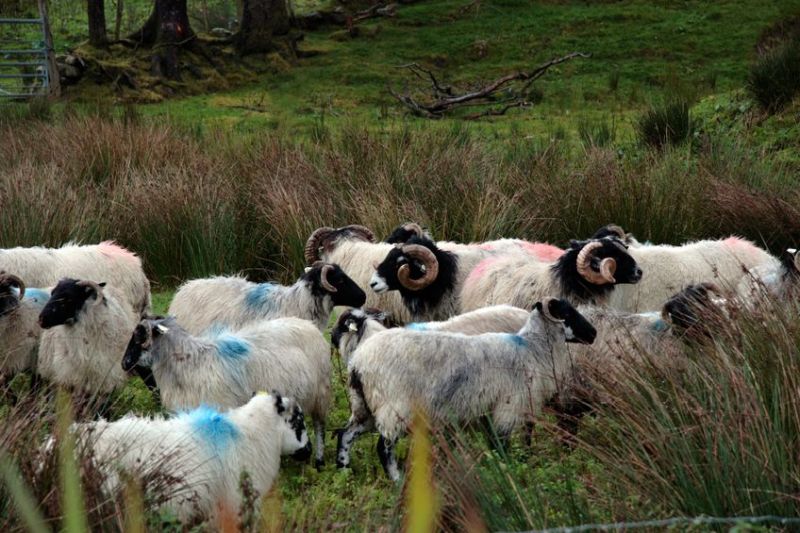
The livestock sector has highlighted its concerns about the prospect of a 'no deal' Brexit, the lack of preparedness for it, and the damage it would do to UK livestock farming, in particular the sheep sector.
Concerns were highlighted at a UK Livestock Brexit Group (UKLBG) meeting on Friday (18 January), which involved trade associations involved in livestock production.
The group includes representation from trade organisations such as the NFU, the National Pig Association and the National Beef Association.
At the meeting, questions were asked and concerns raised that at this stage the UK is not adequately prepared to avoid serious trade disruption.
The organisations highlighted their concerns that government systems are not fully in place and there is still an absence of practical contingency plans.
The fear is that it could lead to 'massive disruption' in the supply chain. With UK poultry, pork, lamb and beef exports to the EU representing a vital part of producer returns, failure to maintain these export markets could see a collapse in values, increased costs, and possibly result in animal welfare issues on farm.
Crisis plan
The group is now seeking assurances and answers from government, and has requested a meeting with Ministers to highlight concerns. It also plans to bring the industry together to develop a crisis plan.
According to the organisations, the sheep sector is particularly vulnerable because it is highly dependent on the French export market.
The prospects of large tariffs being imposed under WTO rules means that the UK would lose market share or suffer a downturn in farmgate prices, pushing an 'already vulnerable sector into decline'.
Concerns were also raised about the UK’s preparedness for maintaining existing and establishing new export markets outside the EU.
It is not known how many third countries will accept British produce from the UK after Brexit. Few third countries have confirmed that they will accept product from UK plants.
Certification for EU trade
At the meeting, concerns were raised regarding how exporters have had no clarity as to what certification will be needed for EU trade and what any transitional timescales might be, or whether any changed health mark will be accepted in approval listings and on labels/products.
There are still questions about the administrative resources being able to cope, and if there will be enough veterinary resource.
In a statement, the UK Livestock Brexit Group said: “The deadline for answers is now upon us, with UK meat processors already producing under current EU controls with EU health marks and approvals, including for non-EU countries, based on EU regulations and rules.
“This product might be frozen and shipped around the world, taking between 5 and 7 weeks for deliveries to Asia, over the coming days and weeks, arriving at its destination after 29 March 2019.”
Chris Dodds, from the Livestock Auctioneers Association and Chair of the Brexit group, said: “There are clearly a lot of things that need doing in a short space of time, it is extremely concerning and the industry desperately needs answers.”
The meeting follows Defra Secretary Michael Gove admitting at the Oxford Farming Conference that a 'no deal' Brexit would be bad for farming and the livestock sector.
